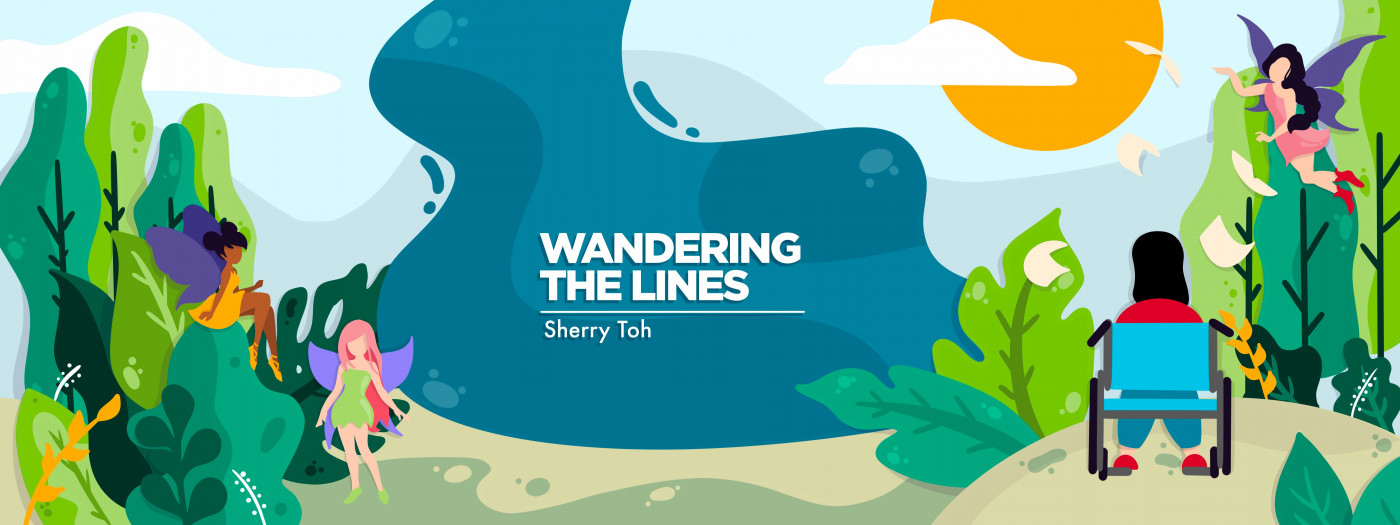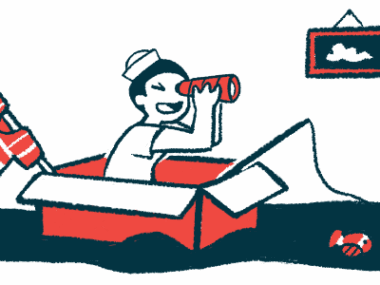IGDA’s Game Accessibility Conference Was the Experience I Needed
Written by |

I was unprepared for the thrill I’d experience when I logged into the instant messaging platform, Discord, and clicked on the server for the two-day Games Accessibility conference.
Also known as GAconf, the conference is hosted by the International Games Developers Association for people in the gaming industry to talk about the progress made and the progress yet to be achieved in video game accessibility. On this day, the conference’s server was filled with messages from developers from big-name game companies and independent studios, consultants, researchers, nonprofit associates, and advocates, all talking about personal experiences and new insights, along with messages of support and information.
Why was I so unprepared? I might’ve mentioned in, oh, every other column I’ve written that I hail from the tiny island of Singapore. Besides communicating with my colleagues at Bionews — the publishers of this column — I couldn’t recall the last time I was in a space by adults in the disability community for adults in the disability community, even before the pandemic.
I have attended gatherings and meetings hosted by the Muscular Dystrophy Association of Singapore, but they either were catered to children and families, or designed to inform nondisabled people about our needs. And spinal muscular atrophy (SMA) conferences elsewhere have felt uninviting to me, since they’re usually hosted in the U.S. and limited to American participants. It’d be ridiculous for me to participate in a conference during the wee hours of the night from Singapore’s time zone, and, as a Chinese Singaporean, I’d have felt out of place in U.S.-centric spaces lacking Asian voices.
Also, American and Singaporean advocates work from opposing viewpoints, which reveals each other’s weaknesses. Here, there is a dedicated effort from the top down to work with the disabled and engender inclusion, but nondisabled people are still speaking for us instead of allowing us to speak for ourselves. In the U.S., it’s almost the opposite. There are more efforts to center the voices of the marginalized, particularly that of racial and queer minorities, but less willingness from those in power to listen.
Hearing all voices
But GAconf proved to me we can have our virtual cake and eat it too. We can include voices of all backgrounds in our communities. The voices of the marginalized can be heard by those with power to create change. Tech giant Microsoft was actually one of the sponsors for the conference, and it’s preparing to launch a free course on video game accessibility later this month.
There was enough at this conference to change my experience from a passive observer to an actual attendee. For one, I wasn’t the only international attendee present at the conference I signed up for, and there was nothing on the GAconf site that indicated that it was open only to Americans; it was open to anyone with an interest in game accessibility. Also, while the talks were broadcast on Zoom, discussions took place in a Discord server with organized channels, allowing attendees to jump into conversations and network without feeling overwhelmed. I still kept mostly to myself, but I was glad for the opportunities to put myself out there, meet other SMA advocates, and read the amazing amount of support, stats, and facts from both industry veterans and newcomers.
Accessible, inclusive, and intersectional
The event felt even more inclusive because it featured diverse speakers, not only in terms of disabilities, but also in terms of gender, sexuality, race, and nationality. Tara Voelker, GAconf’s co-director, mentioned both Thanksgiving and Indigenous Peoples’ Day, and reminded participants to support indigenous developers.
Panel discussions also included conversations about how the intersections of our identities affect our experience, as well as the financial cost of gaming with a disability. Intersectionality is a topic I wish disability communities would acknowledge and discuss more. Disabled people know that our disabilities affect every aspect of our lives, from our gender to our wealth. Why not voice that and pass the microphone along?
For me, GAconf reinforced my belief in the ability of games to rethink and achieve radical video game accessibility. I got more than I signed up for, in both gaming and advocacy. Anyone interested in either topic should give GAconf a go. The next conference is in April. I hope to meet more people there.
***
Note: SMA News Today is strictly a news and information website about the disease. It does not provide medical advice, diagnosis, or treatment. This content is not intended to be a substitute for professional medical advice, diagnosis, or treatment. Always seek the advice of your physician or other qualified health provider with any questions you may have regarding a medical condition. Never disregard professional medical advice or delay in seeking it because of something you have read on this website. The opinions expressed in this column are not those of SMA News Today, or its parent company, Bionews, and are intended to spark discussion about issues pertaining to spinal muscular atrophy.





Leave a comment
Fill in the required fields to post. Your email address will not be published.